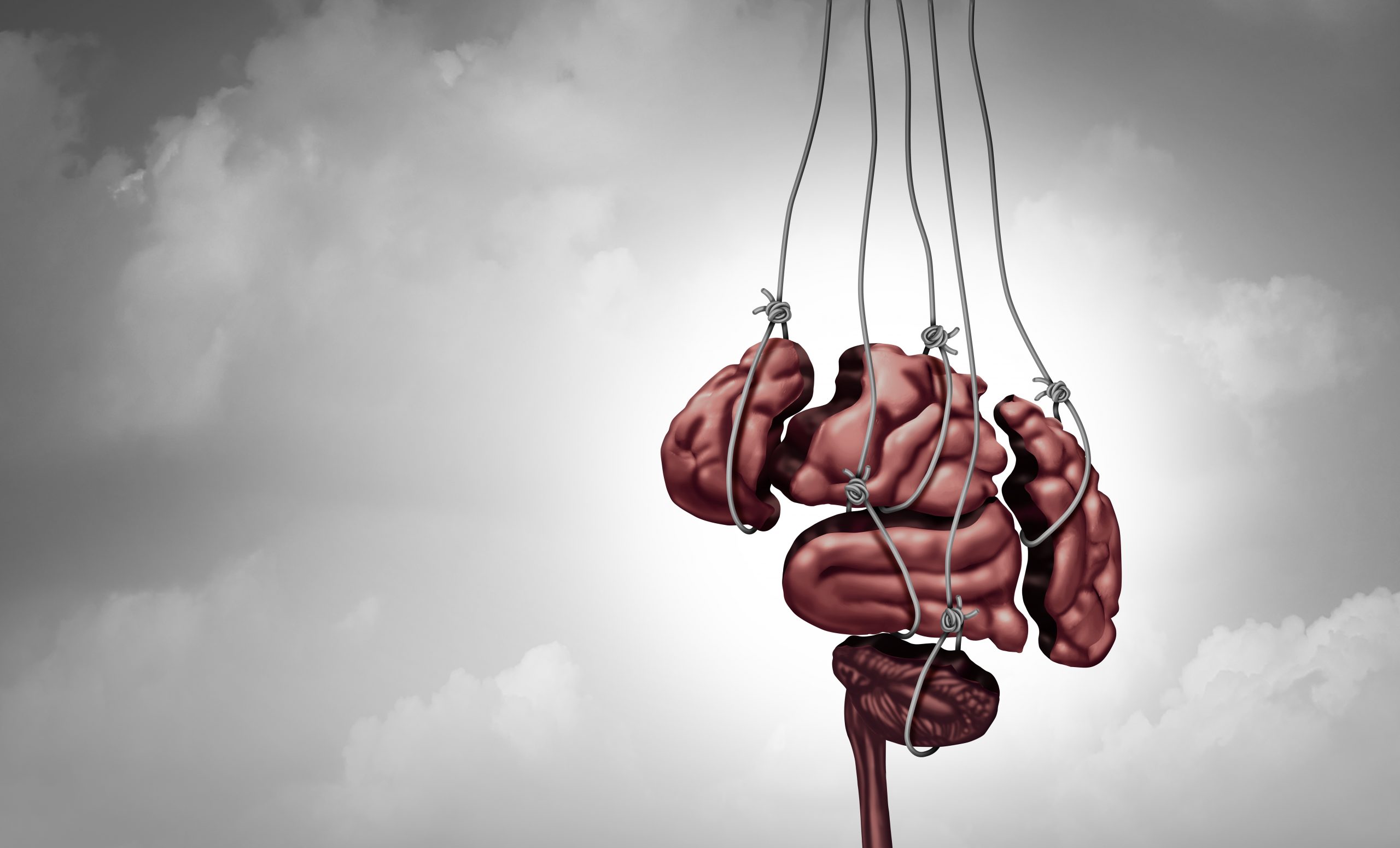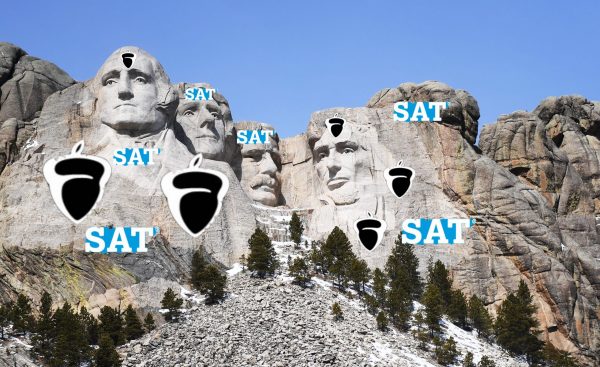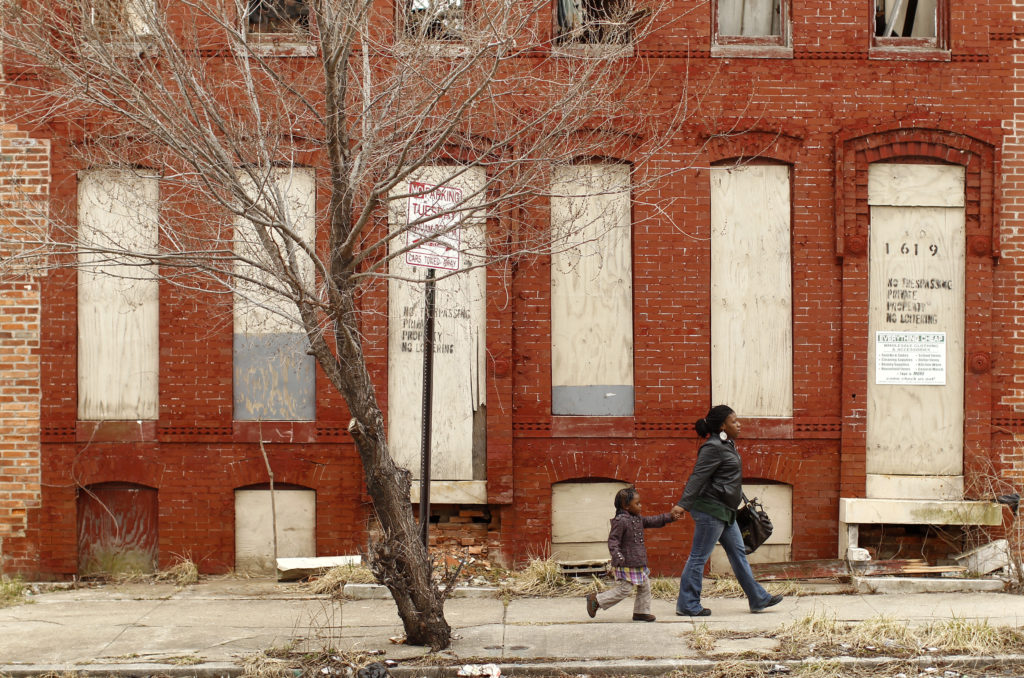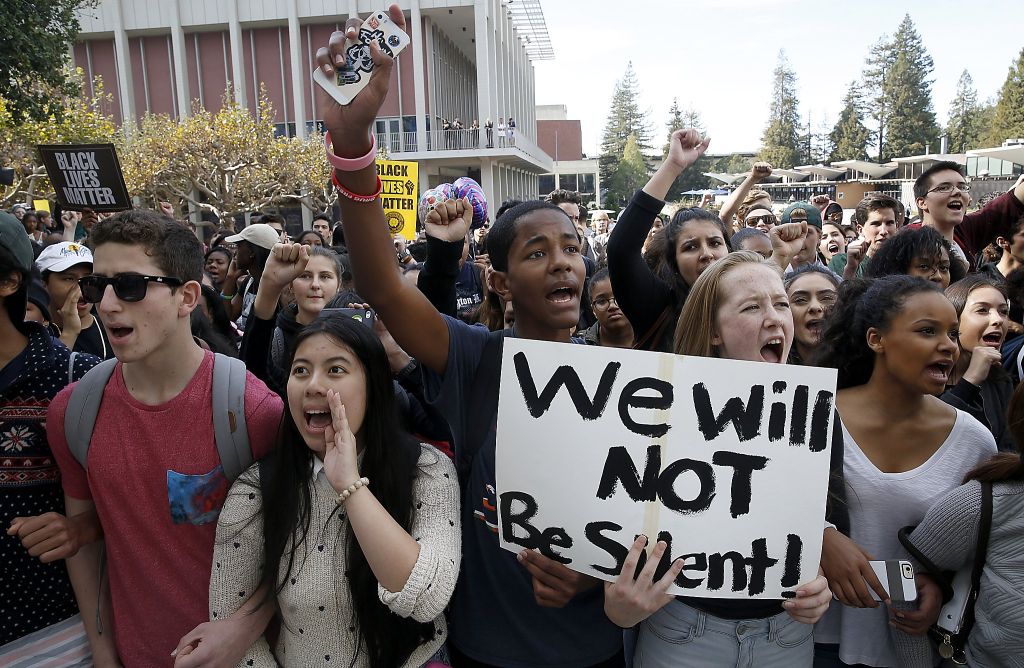Teaching the test has made our country lose its way.
The Civics War

The Biden Administration holds up illiberal icon Kendi as a model of civic education
The Biden administration wants to turn civics education into something wholly at odds with the American tradition. As observers Max Eden and Stanley Kurtz have noted, Biden’s Department of Education has proposed the reformation of civics instruction nationally to “support the development of culturally responsive teaching and learning.” In “Culturally Responsive Education: A Primer for Policy and Practice,” NYU professor David Kirkland explains that such pedagogy abandons “assimilationist” dictates which center “Anglo-European-Christian-Judeo-cis-hetero-male whiteness as the normative reference point.”
As models of what it wants to encourage, the administration’s proposal offers the New York Times’s “1619 Project” and anti-racist guru Ibram X. Kendi. While readers are likely familiar with the New York Times’s historically challenged handiwork, they may know less about the educational musings of Kendi. And yet it is Kendi who may ultimately offer the clearest window into the disturbing implications of what the Biden administration has in mind.
Boston University’s Kendi, one of Time’s “100 Most Influential People of 2020,” gained fame when he won the National Book Award for Nonfiction in 2016 for Stamped from the Beginning: The Definitive History of Racist Ideas in America. His visibility has been fueled by his works Antiracist Baby, a 24-page picture book released in summer 2020, and 2019’s mega-hit, How to Be an Antiracist.
In the aftermath of George Floyd’s killing last year, Kendi’s How To Be An Antiracist became Big Ed’s primary source on matters of race. The Smithsonian’s National Museum of African American History and Culture featured Kendi’s book on its “Talking about Race” resource page for teachers. Universities feature it on their summer reading lists, and it’s ubiquitous on the “suggested readings” offered by major foundations, advocacy groups, and professional education organizations. Even the National Park Service offers materials to help high school teachers lead guided readings of How To Be An Antiracist.
Yet Kendi’s doctrine is fundamentally at odds with American traditions of equality and ordered liberty. Kendi holds that everything in the world—every action, idea, thought, and policy—is either “racist” or “anti-racist.” “There is no such thing as a not-racist idea,” he writes in How to Be an Antiracist. “There is no such thing as a nonracist or race-neutral policy.” Not only is racism all-encompassing, it also makes unceasing demands; all “racist” disparities demand an anti-racist response. Thus, Kendi’s “anti-racism” rejects the very idea that something can exist outside his racial frame. There is no opting out, there is only confession: “Only racists say they’re not racist,” he explains.
Kendi has recently argued for the adoption of an “antiracist amendment” to the U.S. Constitution that would make “racist ideas by public officials” unconstitutional. Of course, Kendi has tagged particular views on taxation, pot legalization, private healthcare, school testing, and more as “racist,” meaning that this would gut the First Amendment’s free speech protections. (Kendi appears wholly untroubled by that fact.)
Quite by design, Kendi’s anti-racism stacks the deck against those who would question its premises or challenge it with evidence. Such efforts are deemed disqualifying, revealing the disputant’s racism. Indeed, Kendi explicitly rejects rational debate and persuasion. As he writes in How to Be an Antiracist, “I had to forsake the suasionist bred into me, of researching and educating for the sake of changing minds.” Kendi concludes that “Educational and moral suasion is not only a failed strategy” but “it is a suicidal strategy.” This is why, he writes, teachers must “literally teach their students antiracist ideas,” because anything else “is to effectively allow their students to be educated to be racist.” This is the doctrine of the gulag, not of the schools and colleges in a free nation.
While Kendi insists that schools need to indoctrinate students in the tenets of anti-racism, he can’t quite explain just what he has in mind. In a revealing passage, in the book he titled How to Be an Antiracist, Kendi concedes that he has trouble explaining his doctrine to the unconverted: “I struggle to concretely explain what ‘institutional racism’ means to the Middle Eastern small businessman, the Black service worker, the White teacher, the Latinx nurse, the Asian factory worker, and the Native store clerk who do not take the courses on racism, do not read the books on racism, do not go to the lectures on racism, do not watch the specials on racism, do not listen to the podcasts on racism, do not attend the rallies against racism.”
This is a stunning and absurd admission. If racism is everywhere and infecting every interaction as the most compelling problem in America, you shouldn’t have to read books or listen to podcasts in order to understand it. Under Jim Crow, nobody had to conjure the existence of racism out of theory. The civil rights movement of the 1960s was rooted in the conviction that citizens could be won over by appealing to their moral and common sense but, fretting that he doesn’t know how to persuade the unconverted, Kendi has birthed a doctrine that’s little more than dogma—and which cannot survive contact with life outside of the lecture room.
The educational implications of Kendi’s teachings are disturbing. The Dismantling Racism Workbook, a commonly used guide in teacher preparation, highlights “15 Characteristics of White Supremacy Culture”—these constitute a weird stew of positive and negative stereotypes (including “perfectionism,” “progress is bigger, more,” “right to comfort,” and “defensiveness.”) Kendi’s imitators want to end grading as traditionally understood, because one “cannot separate grading practices” from “the history of classism, sexism, racism, and ableism in the United States.” And, of course, Kendi teaches that tests (and any resulting talk of “achievement gaps”) are inherently racist.
The truth is that “anti-racist” education isn’t interested in anything so small as civics education. Kendi and his acolytes are seeking cultural revolution in the name of an illiberal doctrine that poses a mortal threat to schools and colleges. Anti-racism’s hostility to reason, rejection of civilizational virtue, and labeling of skepticism as blasphemy represent an assault on the very soul of liberal education.
This is the figure that Biden’s Department of Education has chosen to hold up as a model for the nation’s civic educators. It would be almost funny if it weren’t so tragic.
The American Mind presents a range of perspectives. Views are writers’ own and do not necessarily represent those of The Claremont Institute.
The American Mind is a publication of the Claremont Institute, a non-profit 501(c)(3) organization, dedicated to restoring the principles of the American Founding to their rightful, preeminent authority in our national life. Interested in supporting our work? Gifts to the Claremont Institute are tax-deductible.
Well-meaning Americans are being suckered into an illiberal political cabal.
The Biden Administration is on track to stiff our desperate working class.
State lawmakers must protect education from activism.




